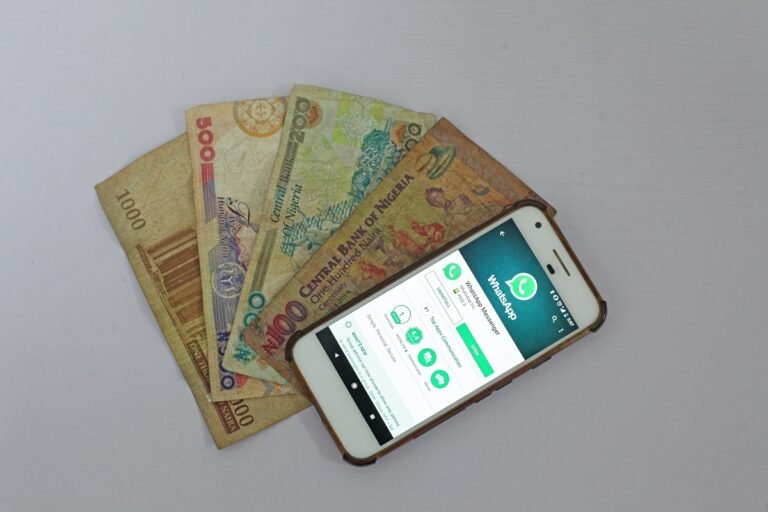Chinese-owned mobile money platform, OPay, has been singled out Nigerian Central Bank (CBN) for its lax identity verification processes, due to concerns growing about the ease with which fraudsters can exploit the platform’s security vulnerabilities.
OPay employs a tiered verification system, ranging from tier 1 to 4, with users gaining access to a broader range of services as they provide more information, including a National Identification Number (NIN), a bank account number, or a bank verification number (BVN). Real-time facial verification is also required to confirm user identity. However, recent tests have shown significant weaknesses in the tier-1 account verification process.
One notable issue is the system’s blind spots, allowing a user to create fake female accounts despite undergoing OPay’s facial recognition system. Another test demonstrated that OPay permitted the creation of a tier-1 account using basic personal information, including the name and birthday of a celebrity, without verifying the submitted details. Although OPay requires users to provide either a bank account or phone number for verification, the app failed to proceed with the necessary checks.
The tier-1 account, which allows users to deposit up to ₦300,000 ($378) in their mobile money wallets and conduct transactions of up to ₦50,000 ($63), poses security concerns due to the ease with which fraudulent accounts can be created.
In response to such security lapses, the Nigerian Central Bank recently issued a stern warning, demanding stricter Know Your Customer (KYC) checks across all financial services. The bank has also made it mandatory for financial services providers, including OPay, to disable unverified bank accounts or mobile money wallets by April 2024, urging compliance with the enhanced security measures.
As OPay faces scrutiny and pressure from regulators, the focus on identity verification practices in the mobile money sector intensifies, emphasizing the need for robust security measures to protect users and maintain the integrity of financial services in Nigeria.




